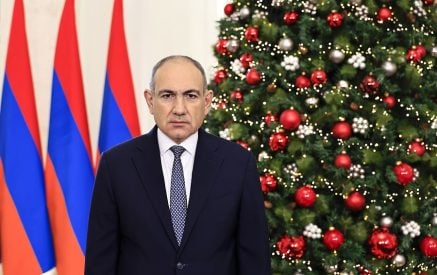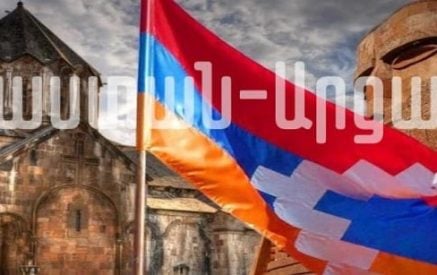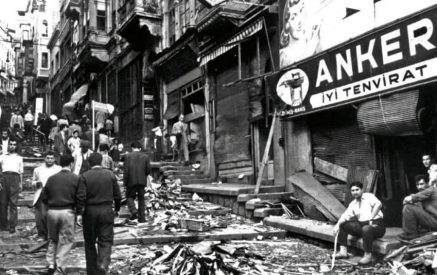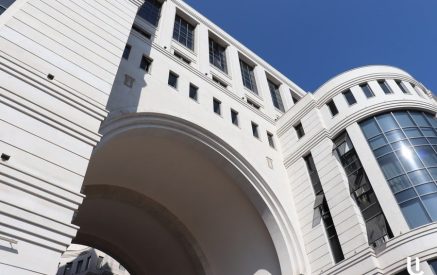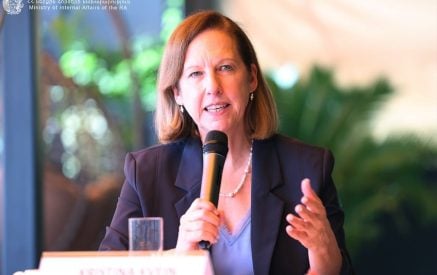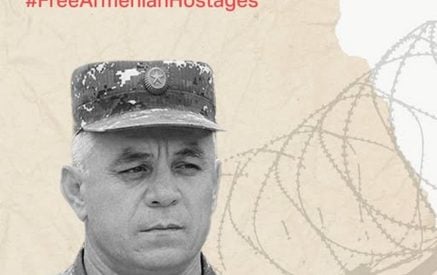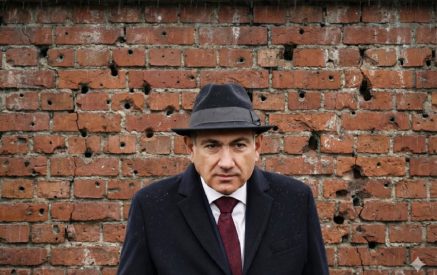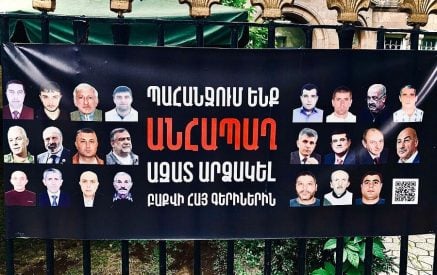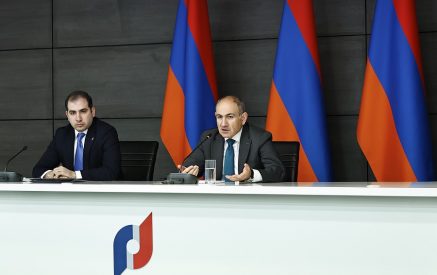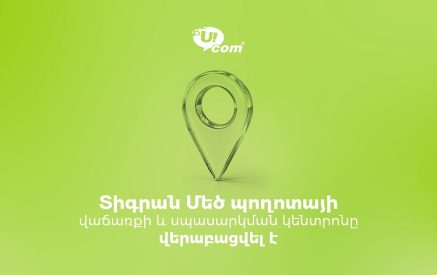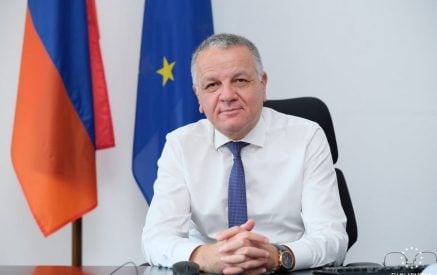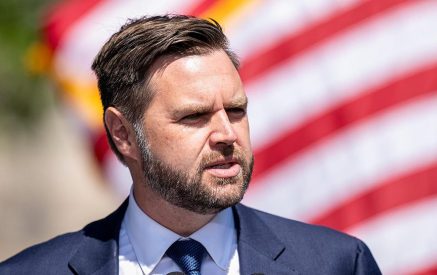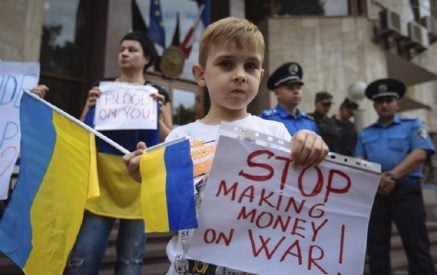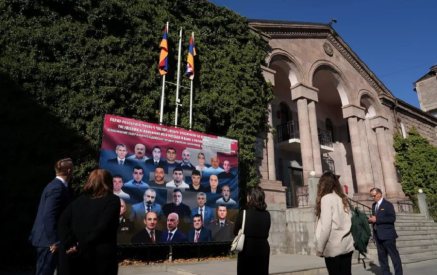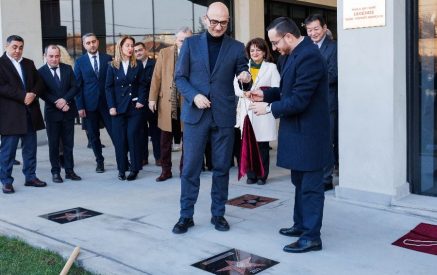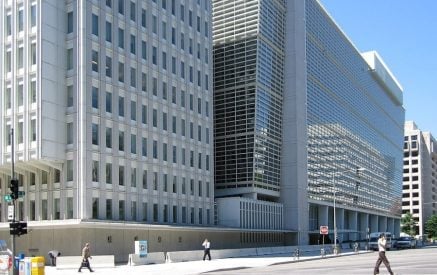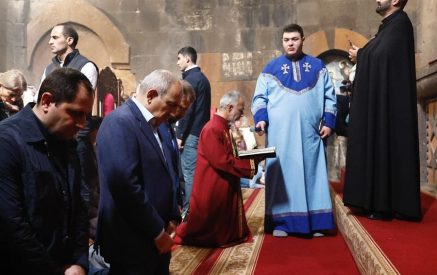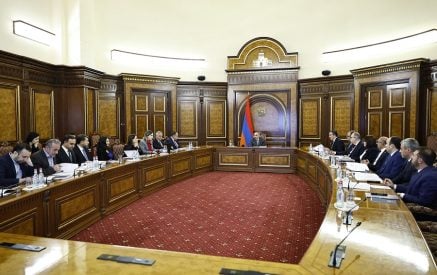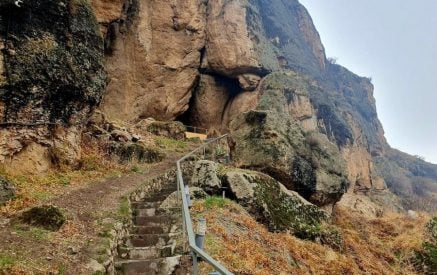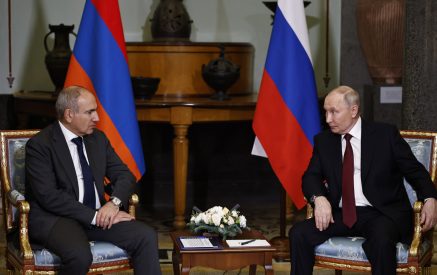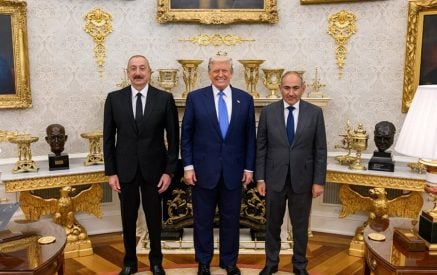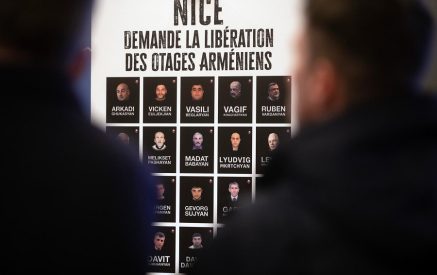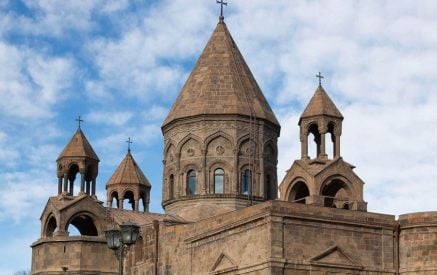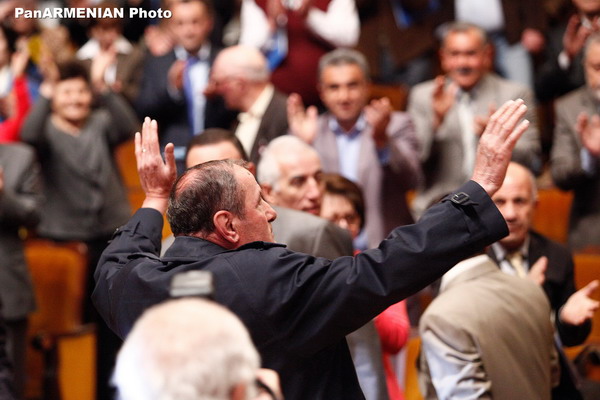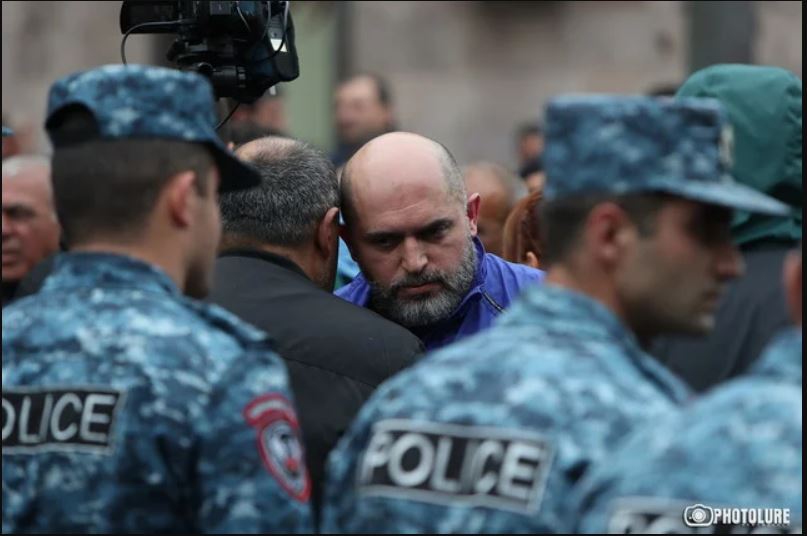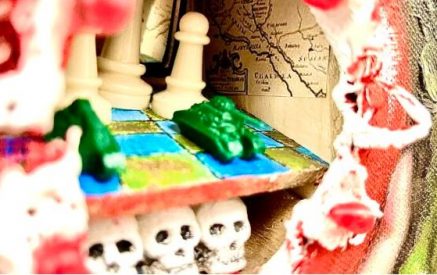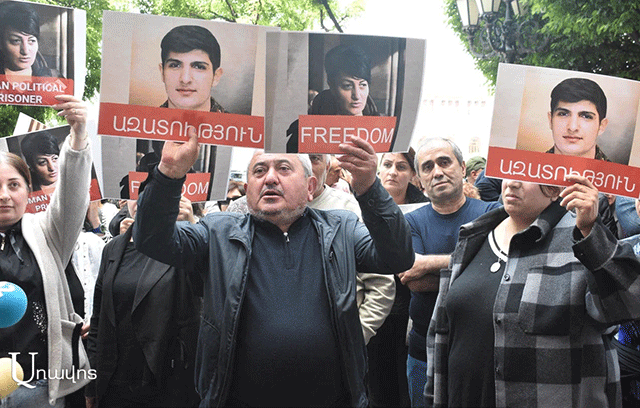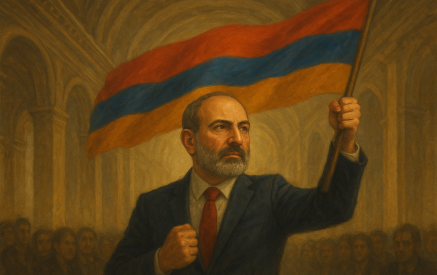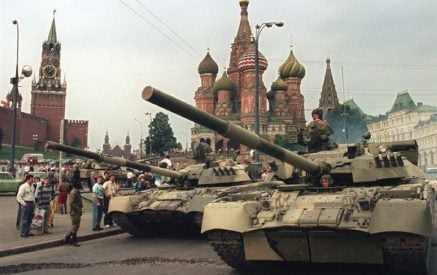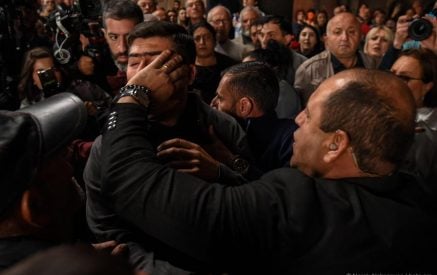Armenia’s first post-Soviet president Levon Ter-Petrosian’s keynote speech at last Saturday’s founding congress of a newly established party, called the Armenian National Congress (ANC), has been since then in the limelight of political analysts and circles. (The new party comprises mainly members of the Armenian Pan-National Movement (HHSh), a formerly Ter-Petrosian-led party that governed Armenia from 1990-1998.)
Despite huge efforts to prepare a dignified debut of the party, despite the speeches made at the founding congress that were aimed to stress its influence ahead of the elections to Yerevan Council of Elders, the gathering was unprecedented, especially because of the election of its governing board members that seemed to have been patterned from a Brezhnev-era Communist Party’s gathering. More precisely, a new way was used to elect members of the governing board that was far from being democratic, let alone based on liberal system of values. It was not clear what criteria were used to choose 44 candidates for the board, who were arranged in two lists and read out to the delegates of the congress, who were asked to approve them by an open vote.
The criteria used to invite representatives of other political parties to the congress were no less ‘extraordinary.’ The absence of representatives of the ruling Republican Party of Armenia and its junior coalition partner – Orinats Yerkir (Country of Law) was understood without explanations. But it was not clear why representatives of the Prosperous Armenia Party and the Armenian Revolutionary Federation/Dashnaktsutyun were invited, but other opposition Zharangutyun (Heritage) and Free Democrats parties were ignored; or why some members of the former Armenian National Congress umbrellas movement, who quit it (protesting against Ter-Petrosian’s desire to form an anti-government alliance with Tsarukian’s Prosperous Armenia Party that was a key member of Armenia’s coalition government until June 2012) and who contributed to the movement which was underlined by Ter-Petrosian in his keynote speech, were not invited either. These may seem to be unimportant details on the path to a ‘bourgeois-democratic revolution’, however, they indicate a lot.
There was another strange circumstance: the keynote speeches at the congress made actually no mention of Armenia’s foreign policy. This was especially strange as Armenia plans to finalize the Association Agreement with the European Union before the Eastern Partnership summit slated for November in Vilnius and as Armenian political forces are expressing their differing views on Armenia’s possible membership in the Russia-led Customs Union, which Moscow wants to use as the backbone to create the larger Eurasian Union of former Soviet republics.
Read also
But this seems to fit into the newly established party’s foreign policy rationale and preferences. It can be explained too if we look at the new party’s strategic allies (Prosperous Armenia Party leader Gagik Tsarukian told a Russian newspaper that his party welcomed Russian president Putin’s initiative to create the Eurasian Union).
Whatsoever, the main feature of the congress were Ter-Petrosian’s messages which were clear-cut and unequivocal. Levon Ter-Petrosian’s sympathy for Gagik Tsarukian is not anything new. Ter-Petrosian said the goal is to carry out a bourgeois-democratic revolution and that he will be consistent in achieving it. In his speech, Ter-Petrosian strongly defended his courtship of Tsarukian, insisting that one of the country’s richest men is keen to sever his remaining ties to the ruling establishment. “As long as the rich bourgeoisie and the authorities are closely interconnected, there will be no chance of changing anything in this country,” he declared. “And do not think that we have reached no successes in this endeavor.”
Ter-Petrosian went on to cite the example of Khachatur Sukiasian, a tycoon who backed his 2008 attempt to return to power and lost some of his businesses in an ensuing government crackdown. “Imagine if there are several people like Sukiasian or if all of them act like that. The authorities will be powerless to fight against them.”
“Gagik Tsarukian has chosen the same path and that person has taken no step that raised doubts about his desire to get away from the authorities,” continued Ter-Petrosian. “He pulled out of the governing coalition, didn’t back Serzh Sarkisian in the presidential elections, participated in the 2012 parliamentary elections separately, didn’t attend Serzh Sarkisian’s inauguration, and is ready to put up a fight in the municipal elections. How can we repel a force that is contributing to the fight against evil and its weakening?”
However, in this piece we are not going to draw a comparison between Tsarukian and Sukiasian as oligarchs or bourgeois and we are not going either to expand on who of them shared the responsibility with the authorities. But in 2008 when the opposition movement was extremely strong, Sukiaisan and former chief military prosecutor Gagik Jhangiryan made their choice and joined the opposition in Liberty Square because they apparently did not doubt that few days separated them from the victory and change of power.
The interesting thing today is why Gagik Tsarukian does not stand next to Ter-Petrosian? The reason is clear- Ter-Petrosian has chosen another path- to take the movement to Gagik Tsarukian. And he is ready to exploit his resources to make Tsarukian a hero, who not being an independent political leader, does not seek the opposite. This may please Gagik Tsarukian and not only him – this behavior exposes targets for the authorities, who are not the opposition, but the bourgeois who want to separate or have separated from the criminal power pyramid.
It certainly pleases the public when it sees an oligarch or a bourgeois next to the people. But the people may also ask what changed in their life after Sukiasian joined Ter-Petrosian in Liberty Square and what may change today if Tsarukian ignores the fact that the Armenian National Congress is not as strong as it used to be and declare that the salvage is in Ter-Petrosian. If nothing changed in 2008, when the popular anti-government movement was much stronger, then no change should be expected now.
So, political realities in Armenia show that no matter who of the oligarchs an opposition leader or a force may count or rely on, that will not entail a change of power. This path does not lead to bourgeois -democratic revolution; it rather assists opposition leaders to turn into non-democratic leaders and bourgeois.
P.S. By the way, the venue of the congress of the new party and the huge posters in the hall were impressive. It was evident that unlike the 2012 parliamentary elections campaign prior to which in an April 17 interview with RFE/RL Armenian Service Ter-Petrosian said that ‘the Armenian National Congress movement was short of funds and could not afford posters because each costs $500,’ today, the newly established party’s financial condition seems to be quite satisfactory. Having in mind that the new party will have quite a number of posters larger than 5 square meters one can suppose that its starting position on the road to bourgeois-democratic revolution is quite favorable.
EMMA GABRIELYAN


